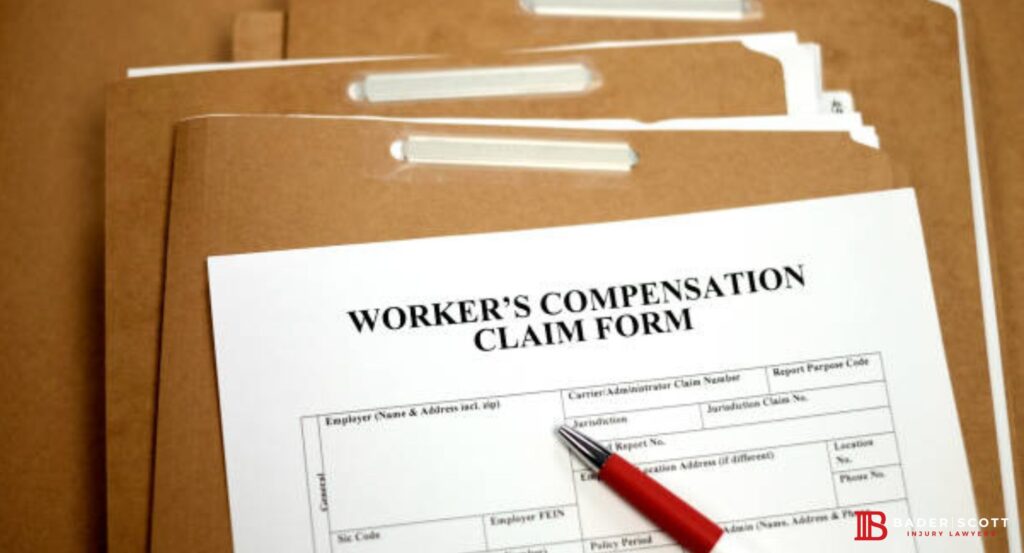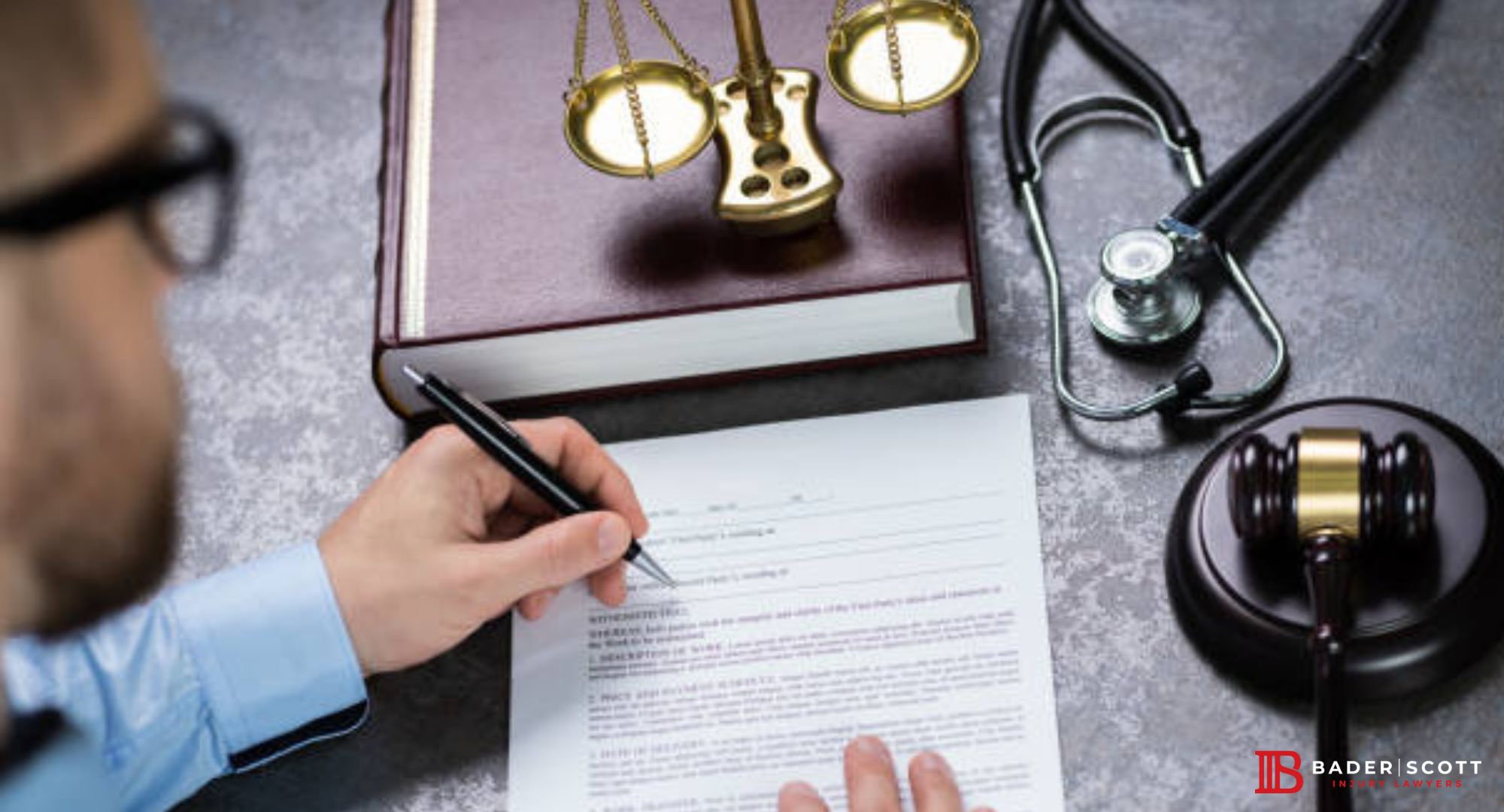If you’re injured at work, even if the injury is caused by a coworker, you may be entitled to workers’ compensation. This compensation can cover medical expenses, lost wages, and other damages. Here’s a detailed look at your rights and the steps to take.
Eligibility for Workers’ Compensation If Injured by a Co-Worker in Atlanta, Georgia
To qualify for workers’ compensation in Georgia, you must be an employee and the injury must occur in the course of employment. The nature of the incident and the timing of the injury are critical factors in determining eligibility.
Key Considerations:
- Horseplay and Workers’ Compensation
- Horseplay involves non-work-related activities that can sometimes result in injury. For example, a coworker might push you as a joke or toss an object in your direction, potentially causing injuries such as muscle strains, fractures, or concussions.
- Generally, injuries resulting from horseplay are not covered by workers’ compensation since they are considered outside the scope of normal work activities. However, if such behavior was tolerated or ignored by management, there could be grounds for a lawsuit against the employer for failing to maintain a safe work environment.
- Injury Timing and Coverage
- Workers’ compensation typically covers injuries that happen while you are performing job-related duties. Injuries sustained before or after work hours, or during breaks, are usually not covered unless you were performing a work-related task at the time. It’s important to report any injury immediately, as delays can complicate your claim.

- Premeditated Attacks
- If you are injured due to a deliberate act by a coworker, such as being struck or having harmful substances thrown at you, these incidents are generally not covered under workers’ compensation. Instead, these cases may be pursued through personal injury lawsuits where you can seek compensation for damages due to another person’s intentional or reckless actions.
Read about how long after a work injury you can file a case or sue your employer
Steps to Take Following a Workplace Injury:
- Report the Incident
- It’s crucial to report any workplace injury to your employer as soon as possible. This report should detail the circumstances of the incident, including the time, location, and any witnesses. Accurate reporting helps establish that the injury is work-related, which is essential for a successful workers’ compensation claim. Keep a copy of the report for your records and update it with any new information.
- Seek Medical Attention
- Even if the injury seems minor, seek medical attention immediately. Early medical evaluation can prevent complications and is critical for documenting the extent of your injuries. This medical record will be a key piece of evidence in your workers’ compensation claim. Make sure to follow up on all recommended treatments and document any symptoms or issues as they arise.
- Adhere to Medical Advice
- Follow all medical recommendations, including restrictions on physical activity. Ignoring medical advice can worsen your condition and negatively impact your claim. This adherence also demonstrates your commitment to recovery and your need for compensation for lost wages and medical expenses.
- Consult with a Workers’ Compensation Attorney
- Navigating the workers’ compensation system can be complex, especially when dealing with injuries involving coworkers. Consulting with an attorney experienced in workers’ compensation can help you understand your rights and options. An attorney can assist with filing your claim, negotiating settlements, and ensuring that you receive the full compensation you are entitled to. They can also advise on whether a personal injury lawsuit is appropriate in cases of intentional harm or negligence by your employer.
Read more about repetitive strain injury workers’ compensation here
Additional Considerations:
- Third-Party Liability: If a coworker’s actions were intentional or grossly negligent, you might have grounds for a personal injury lawsuit in addition to a workers’ compensation claim. This is particularly relevant in cases of workplace violence or gross negligence by a supervisor.
- Safety Policies: Familiarize yourself with your employer’s safety policies and procedures. Understanding these policies can help you identify whether there was a failure on the part of the employer to enforce safety measures, which could be relevant in a potential lawsuit.
- Documentation: Keep detailed records of all medical treatments, communications with your employer, and any other relevant information. This documentation is crucial for building a strong case, whether for workers’ compensation or a personal injury claim.

How much compensation can I get in this case?
The amount of compensation you can receive for a workplace injury or fatal workplace accident caused by a coworker depends on several factors, including the severity of your injury, the impact on your ability to work, medical expenses, and whether the injury was a result of negligence or intentional harm.
Factors Affecting Compensation:
- Medical Expenses:
- This includes all costs related to your injury, such as emergency care, hospital stays, surgeries, medication, physical therapy, and any ongoing medical treatment.
- Lost Wages:
- If your injury prevents you from working, you may be entitled to compensation for lost wages. This can include both current lost income and any future earnings lost due to long-term or permanent disability.
- Disability Benefits:
- If the injury leads to a partial or total disability, you might receive benefits based on the extent of the disability. This could be a percentage of your weekly wages, calculated based on state guidelines and the severity of your disability.
- Pain and Suffering:
- In cases of serious injury or emotional distress, you may be entitled to compensation for pain and suffering. This is more common in personal injury lawsuits than in workers’ compensation claims.
- Permanent Disability:
- If the injury results in permanent impairment, you might receive additional compensation. The amount depends on the degree of disability and how it impacts your ability to work.
- Vocational Rehabilitation:
- If you are unable to return to your previous job, you might receive compensation for vocational rehabilitation services, which can help you gain new skills or find a different job.
- Punitive Damages:
- In cases where the injury resulted from gross negligence or intentional harm by a coworker or employer, you may be eligible for punitive damages. These are awarded to punish the wrongdoer and deter similar conduct in the future. This is typically sought through a personal injury lawsuit rather than workers’ compensation.
Calculating Compensation:
- Workers’ Compensation: Typically, workers’ compensation benefits are calculated based on a percentage of your average weekly wage, subject to maximum and minimum limits set by state law. In atlanta Georgia, for example, injured workers may receive two-thirds of their average weekly wage, up to a statutory maximum.
- Personal Injury Claims: If pursuing a personal injury lawsuit, the compensation amount could be higher as it may include additional damages such as pain and suffering or punitive damages.
Getting an Estimate:
The exact amount of compensation can vary widely based on individual circumstances. To get a more precise estimate of potential compensation, it’s crucial to consult with an attorney who specializes in workers’ compensation and personal injury law. They can evaluate the specifics of your case, including medical reports, the impact on your employment, and any negligence or misconduct involved, to give you a clearer idea of what you might be entitled to.
If you have further questions or are considering legal action, contacting an Atlanta worker’s compensation lawyer can help you understand your rights and options and assist in securing the compensation you deserve.







